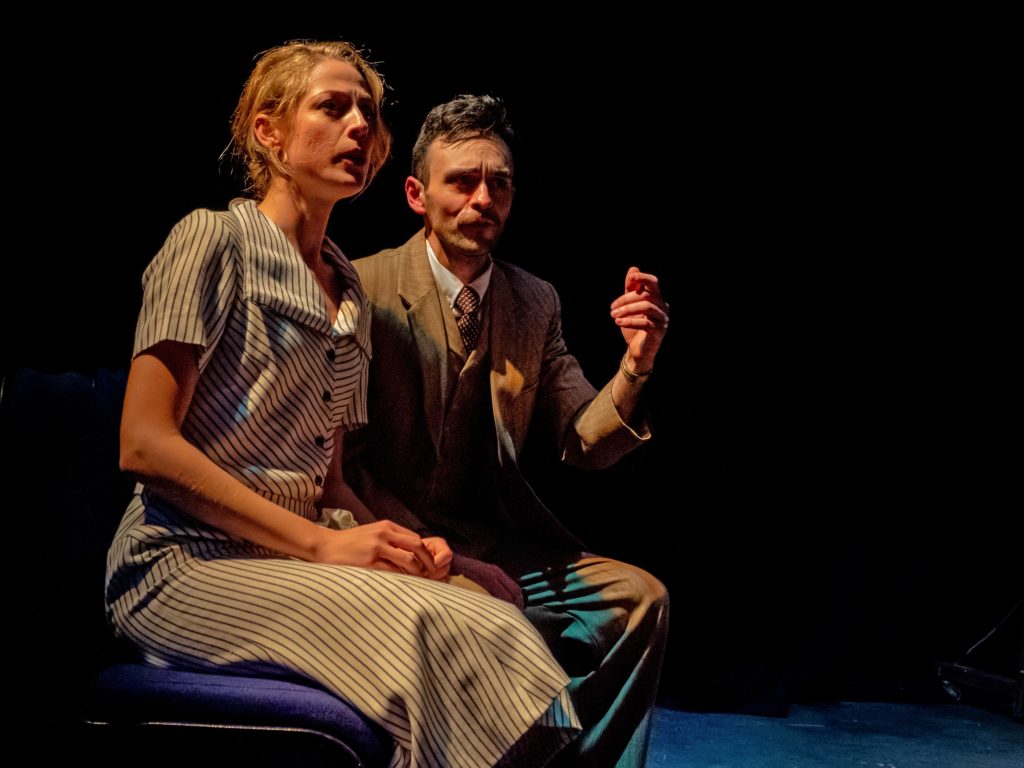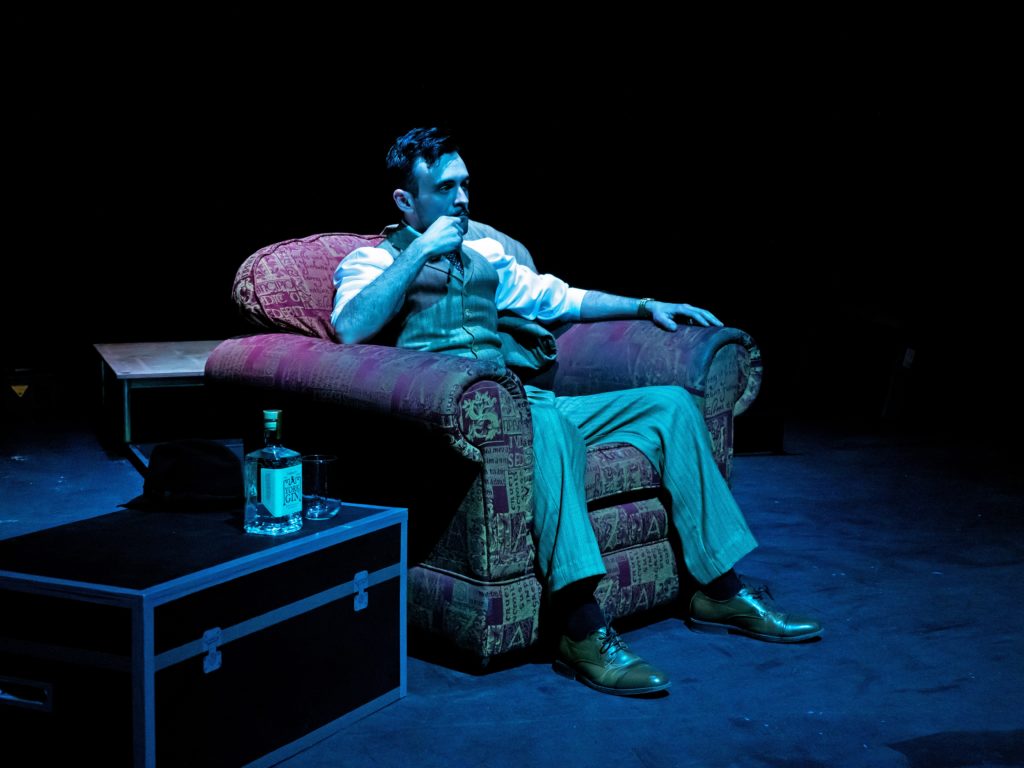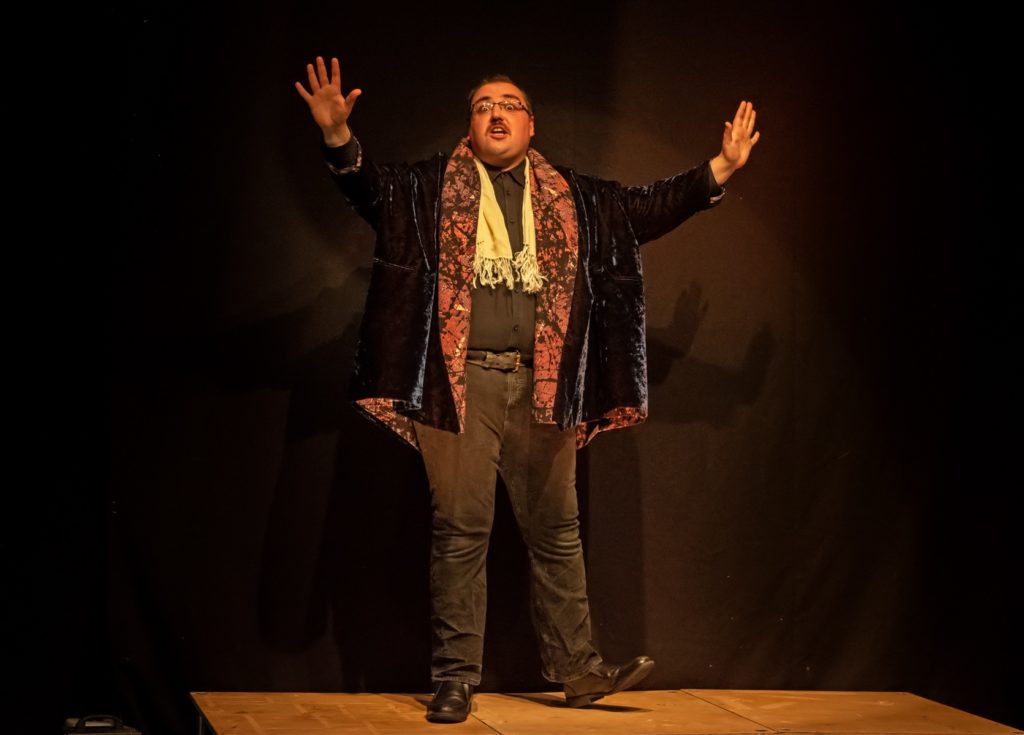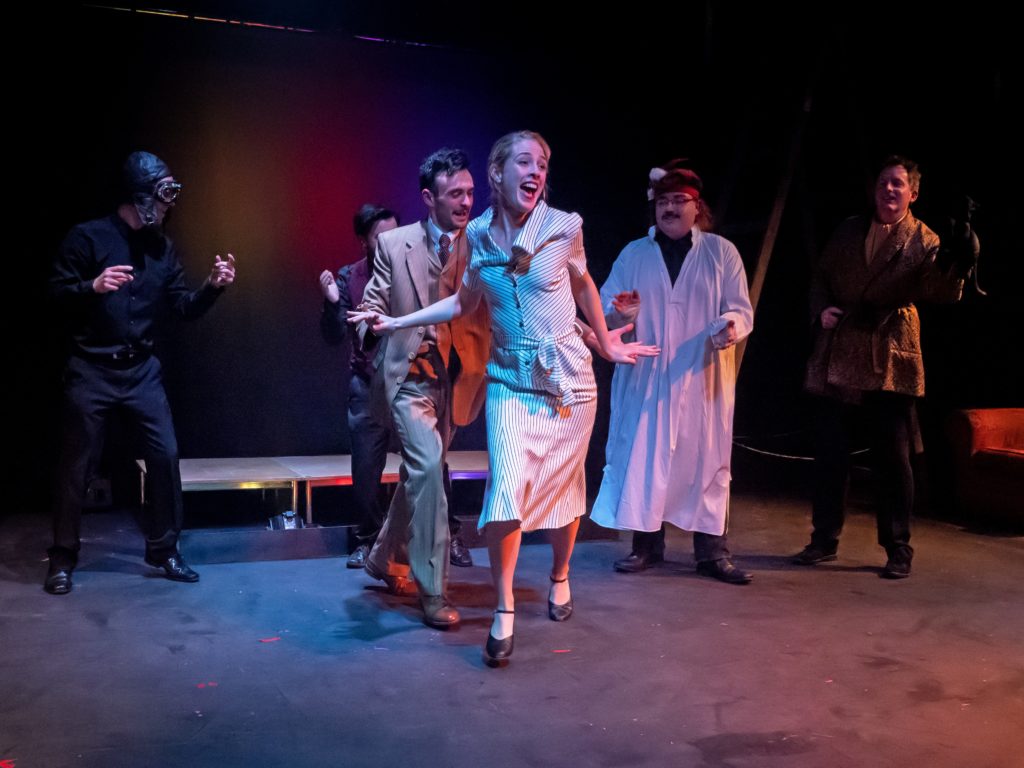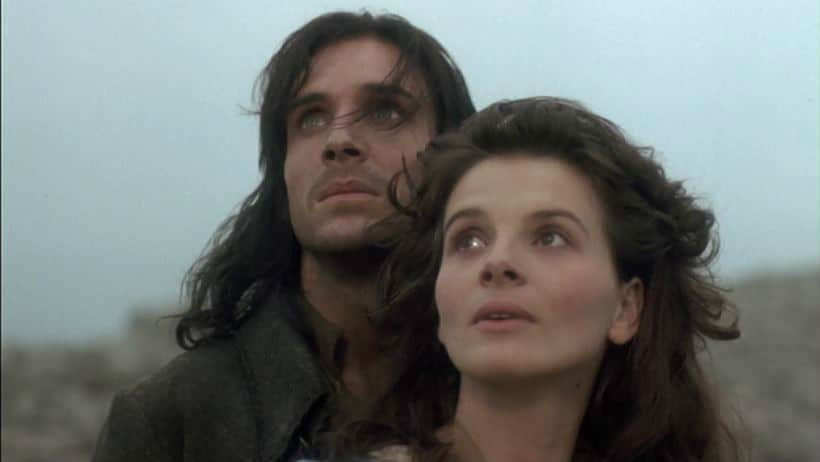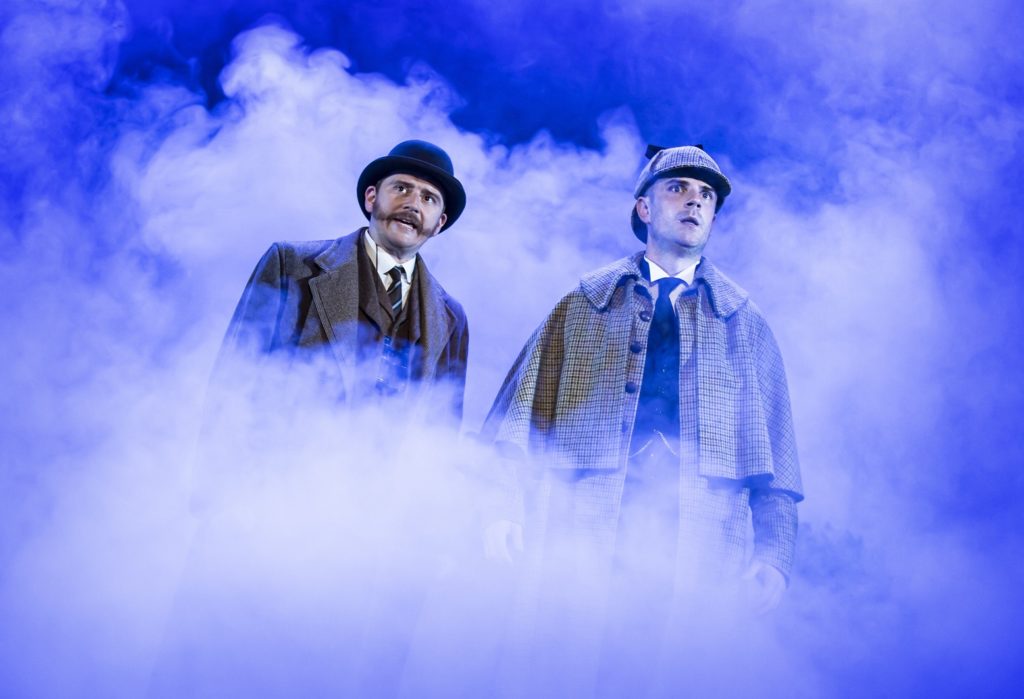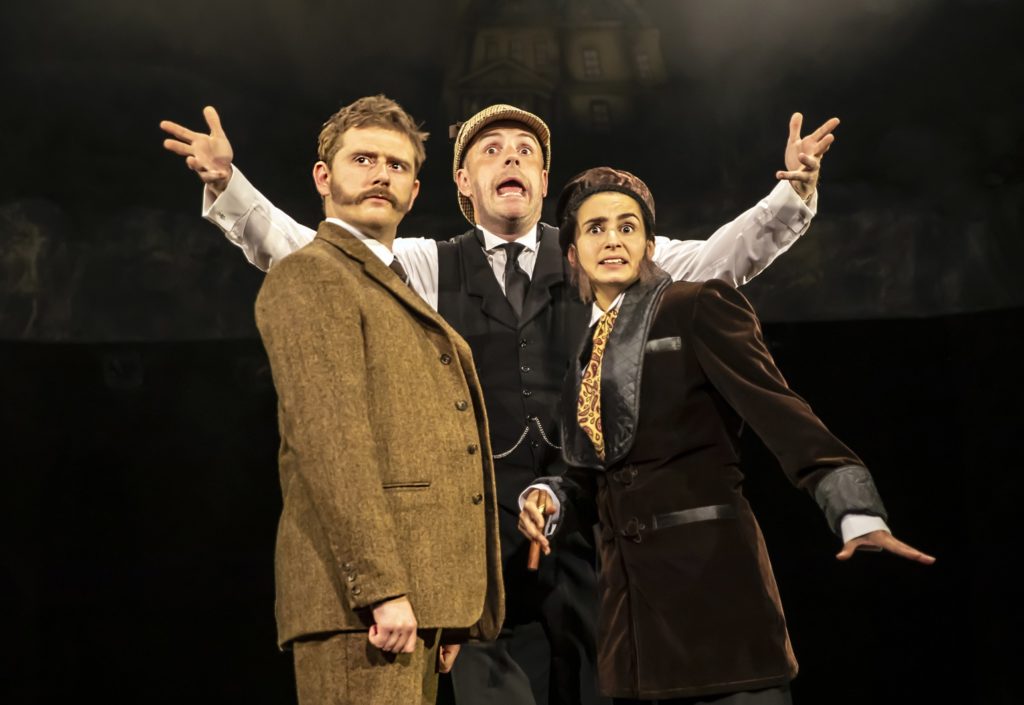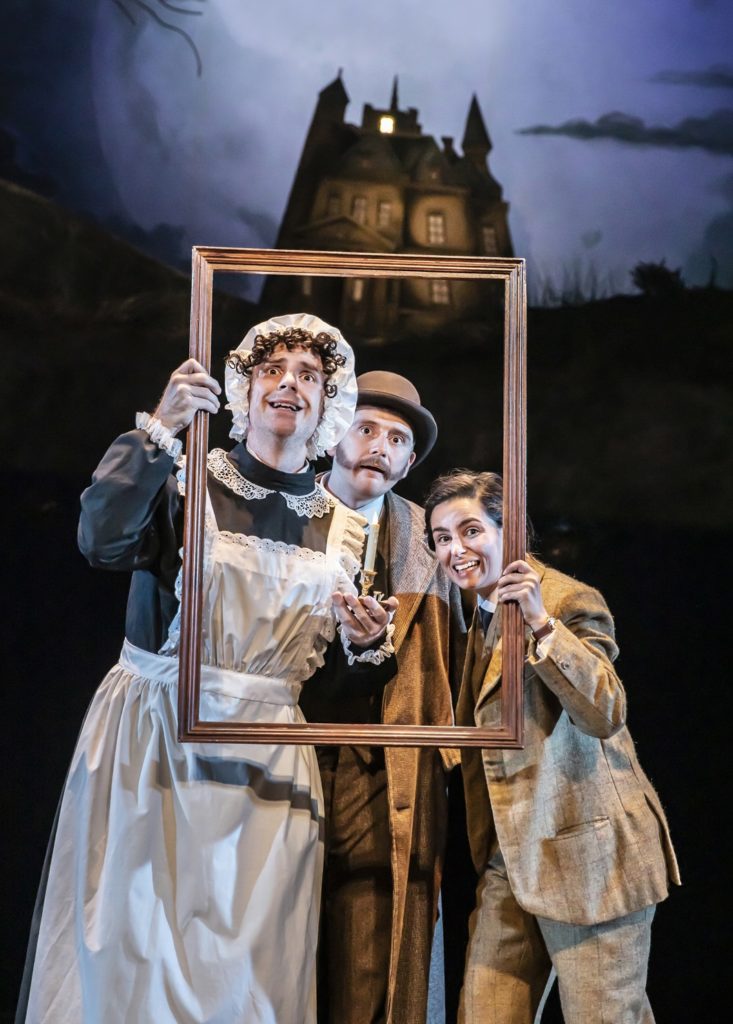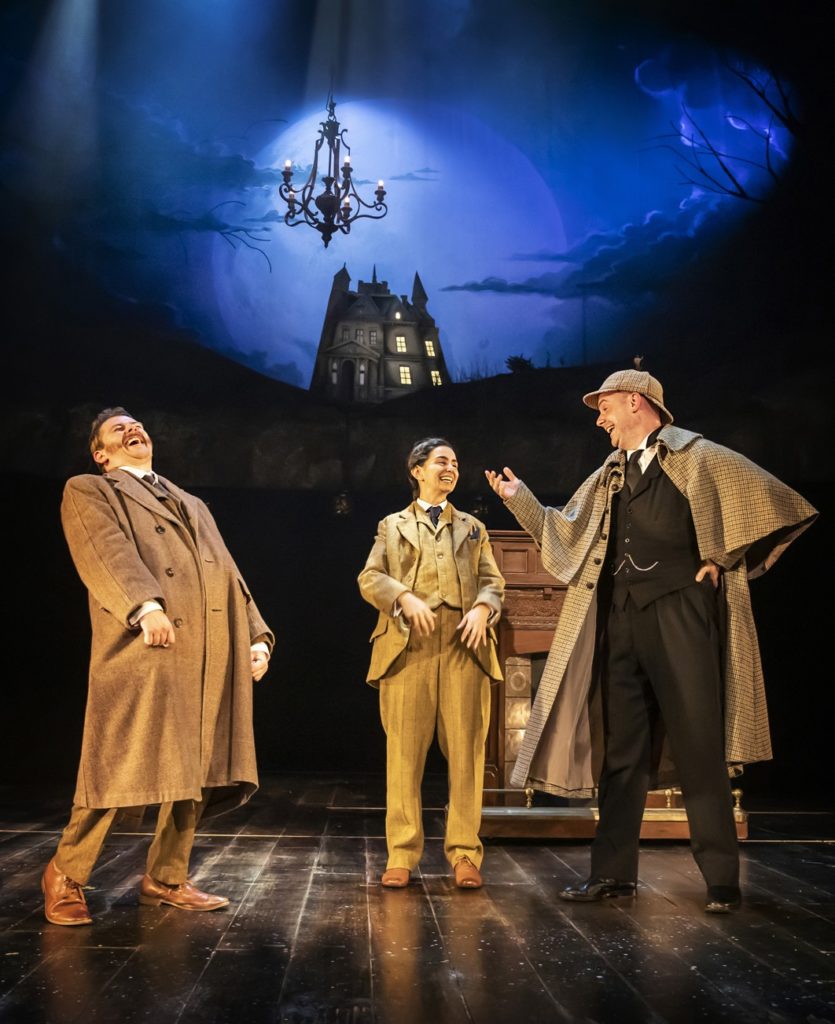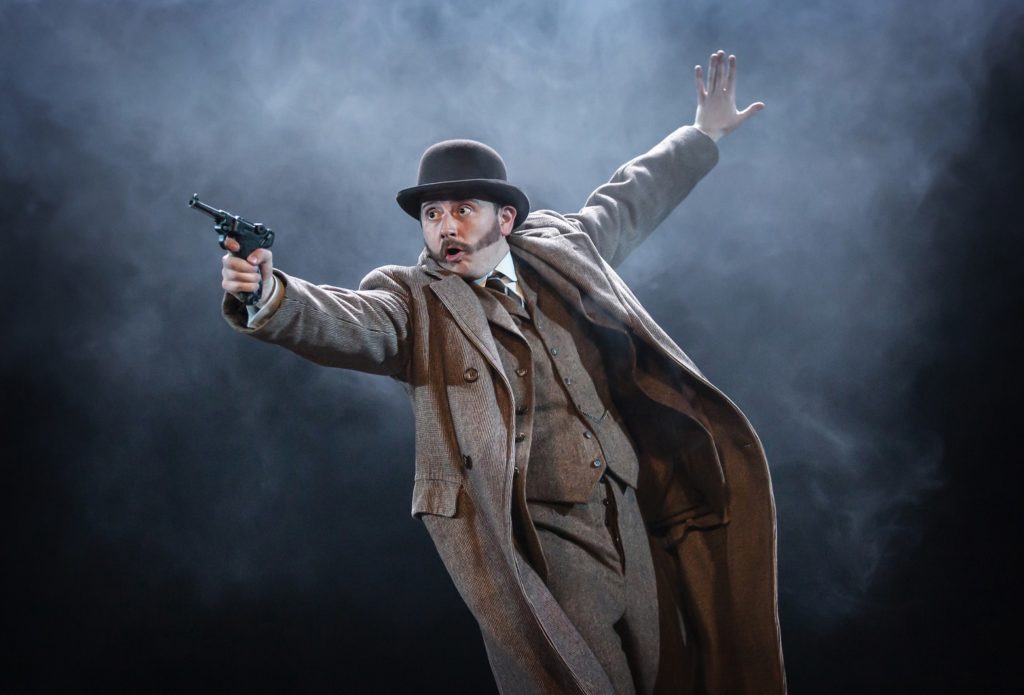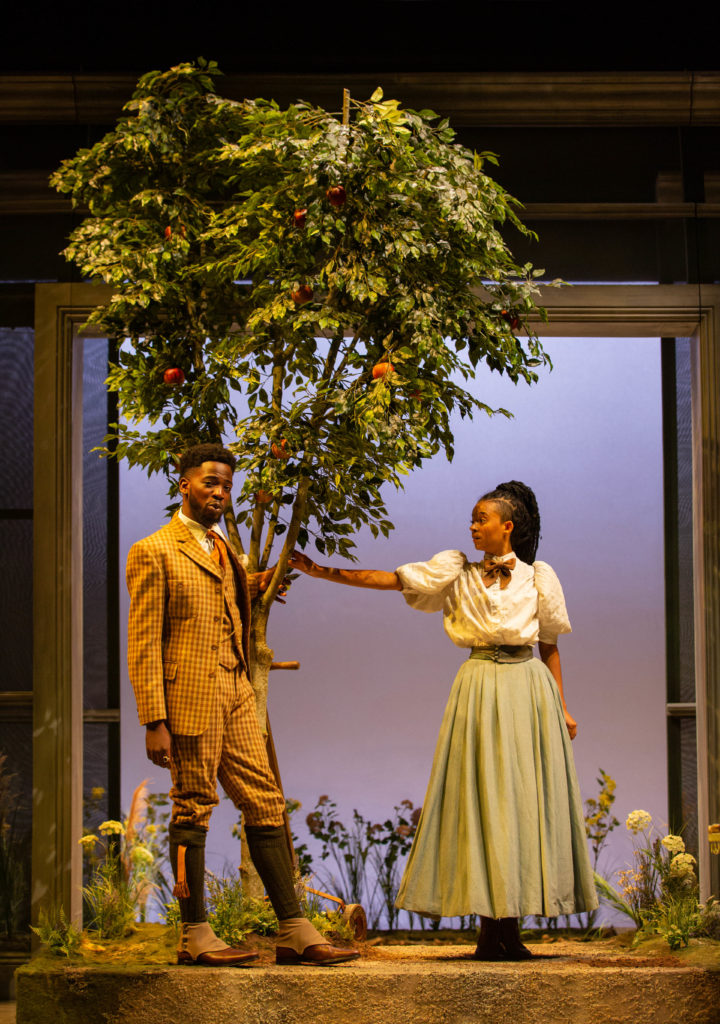
Oscar Wilde’s The Importance Of Being Earnest, ETT, Leeds Playhouse and Rose Theatre, at Leeds Playhouse until Saturday. Box office: 0113 213 7700 or leedsplayhouse.org.uk
CROSS-DRESSING comedy duo Hinge & Bracket went Wilde with The Importance Of Being Earnest in 1977. So did satirical duo Lip Service in 2001, the late Maggie Fox and Sue Ryding setting the Victorian comedy of manners in the 1950s.
In November 2015, Nigel Havers’ Algernon Moncrieff and Sian Phillips’s Lady Bracknell led the veteran Bunbury Company of Players’ “entirely faithful but completely unique” golden-oldies production at the Grand Opera House, York.
Three examples of how Oscar Wilde’s “trivial comedy for serious people” can bend to myriad interpretations. Now add Denzel Westley-Sanderson “sassy co-production” for ETT (English Touring Theatre), Leeds Playhouse and Rose Theatre, Kingston, where the RTST Sir Peter Hall Director Award winner “melds Wilde’s wit with chart-toppers, shade and contemporary references”.
He sets Wilde’s satire of dysfunctional families, class, gender and sexuality in Black Victorian high society, casting Daniel Jacob, alias drag queen Vinegar Strokes, as Lady Bracknell and adding to the gender fluidity with Dr Chasuble being played by Anita Reynolds, bonding in a lesbian relationship with Joanne Henry’s Miss Prism.
“The play is a wonderfully silly comedy, so the most important thing is that it brings joy,” states Westley-Sanderson. “But it’s about reclaiming truth, and honouring truth. I hope it opens up the conversation so that people start to think about Black Victorians and their place in our history.

“If seeing Black people who look stunning in Victorian dress, who were rich, who weren’t just on the plantation, prompts some curiosity about Black Victorians, I’ll be very happy.”
That adds up to a serious message behind a fast-moving, fabulously frothy, elegant front, but still everything serves the comedy, just as it did in Lip Service’s version, when the much-missed Maggie Fox had said: “It’s become the tea and cucumber sandwich play with the handbag, and so it’s lost its shock – not least the secret meanings of some of the expressions Wilde wrote for his male friends – but it is a hugely scandalous piece.”
Behind polite society manners, everyone is harbouring a secret in Wilde’s 1895 comic drama. “It’s a play full of scandal, prejudice, lies and deceit; it’s Gentlemen Behaving Badly, and we wanted to bring back that thing of everyone trying to be someone else, but who are they really?” Maggie said, before playing York Theatre Royal 21 years ago.
Two decades on, art meets artifice in Westley-Sanderson’s account, beautifully and wittily designed and costumed by Lily Arnold, both for Algernon’s London abode and John Worthing’s country retreat.
Abiola Owokoniran’s immaculate, foppish Algernon paints with slapdash vigour rather than rivalling Eric Morecambe’s erratic piano playing in a change to the opening scene, one that ties in with the empty frames for portraits, through which Valentine Hanson’s butler Lane leaps or passes items.
In another exquisite adjustment, Lane serves cucumber martinis in crystal glass and bread and butter, rather than cucumber sandwiches.

Later, John Worthing’s ward, Cecily (a delightful Phoebe Campbell), will be seen struggling with a lawn mower.
Later still, at the Worthing pile, a row of stern portraits in oil will be picked out one by one in light to re-emphasise the Black Victorian lineage. A new photograph of all the company closes the play, Jacob’s statuesque Lady Bracknell towering over everyone.
Westley-Sanderson talked of reclaiming truth and honouring truth, while bringing out the “silly comedy’s” joy, and he pulls off that dual mission. The set-piece spat over tea and cake between Campbell’s Cecily and Adele James’s affronted Gwendolen is choreographed comedy to the max; Hanson’s butler Merriman provides old-school physical comedy distraction as he struggles back and forth under the weight of luggage.
Justice Ritchie’s upright Worthing and Owokoniran’s maddening but lovable Moncrieff clash and make up with the timing of a double act. Henry and Reynolds bring new electricity to the demure, around-the-houses Prism and Chasuble.
Stephen Fry, Geoffrey Rush, Gyles Brandreth and David Suchet have all played men-in-drag Lady Bracknells. Jacob’s Aunt Augusta is different: a drag act dropping the drag act, although his “stand-and-deliver” Lady B never quite throws off Vinegar Strokes’ airs, all arched eyebrows and arch putdowns, playing to the crowd rather more than to the household gathered around on tenterhooks. More caricature than truthful character, but still carrying a knockout punch.

